How Travel Helped Me to Cope with The Grief of Baby Loss
Journalist Bethan Andrews bravely shares her story of grief and how travel has helped to forge a way forwards following the loss of her daughter Pip, at 23 weeks of pregnancy.
TRIGGER WARNING: Baby loss and stillbirth
It was a summer morning in 2021 when my world erupted in joy with a positive pregnancy test. What followed were some of the most special memories of my life as we told loved ones about our longed for first baby and basqued in the joy of our last months as a two. But on 9 January 2022, after a scary and complicated Christmas, our world fell apart and our daughter Pip was brought into this world sleeping at 23 weeks.
After a precious 24 hours together, we said our last goodbye, and life as we knew it completely changed.
Becoming a mother changes you. Becoming a mother and walking out of the hospital empty-handed changes you beyond repair.
I no longer recognised myself, and I felt like an empty vessel with milk coming in and no baby to feed, and physical pains with no emotional justification to get through them.
The grief was all–consuming and chaotic, but I tried with all my might to find some meaning within the tragedy – we held on tightly to the thought that Pip was always meant to teach us our first lessons of parenthood.
Apart from that it’s terrifying, hard and completely overwhelming, she taught us how much capacity for love we’ll have and how fiercely we’ll nurture and long for such a tiny human.
Pip will always be the baby that made us parents, she showed us how strong we are together and, for that, we’re forever grateful.
But none of this changed the fact that I was lost and that I had no idea how to navigate the next steps of life.
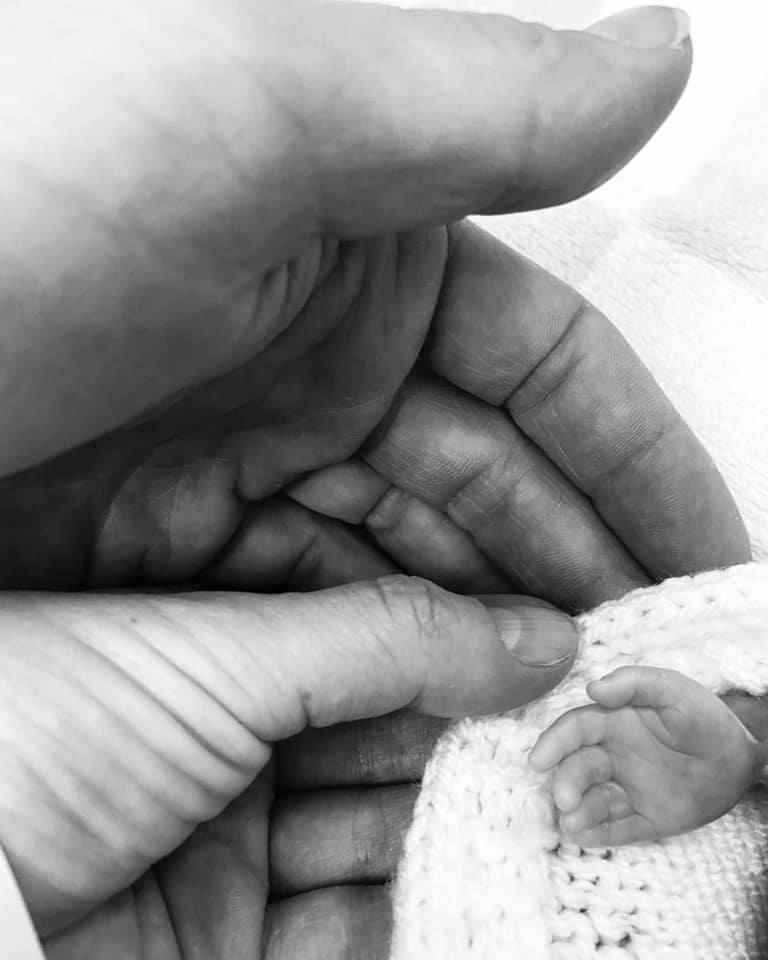
Losing my identity and not knowing where I fit into this new world has been one of the hardest subsets of grief. I wrote in my journal at the time that I hoped one day I’ll be brave enough to talk, or even write, about our experience in the hope that it can help other parents going through similar situations.
So, here I am. I want to highlight how much travel has become a part of my grief journey in the hope that someone else out there can benefit from my story.
I knew, deep down, that I had to find some way of reconnecting with the old me, even if I was acutely aware that she wasn’t going to be the same anymore. Travel has been an important aspect of my life for so long. It’s not only something I’ve always loved, but it’s a huge part of my job as a journalist and travel writer, too. As time went on from Pip’s birth, I knew that I was feeling a pull towards escaping and travelling, and I realised it could be the easiest place to start connecting with the me before.
Let me preface by saying that, in the thick and heavy months after losing Pip, had you told me that I could feel better by jumping in the car or on a plane, I’d have likely entirely dismissed you and the idea. I’m certainly not saying it’s an instant fix, but I can honestly tell you that it helped.
It didn’t take the grief away, but it offered some respite and purpose.
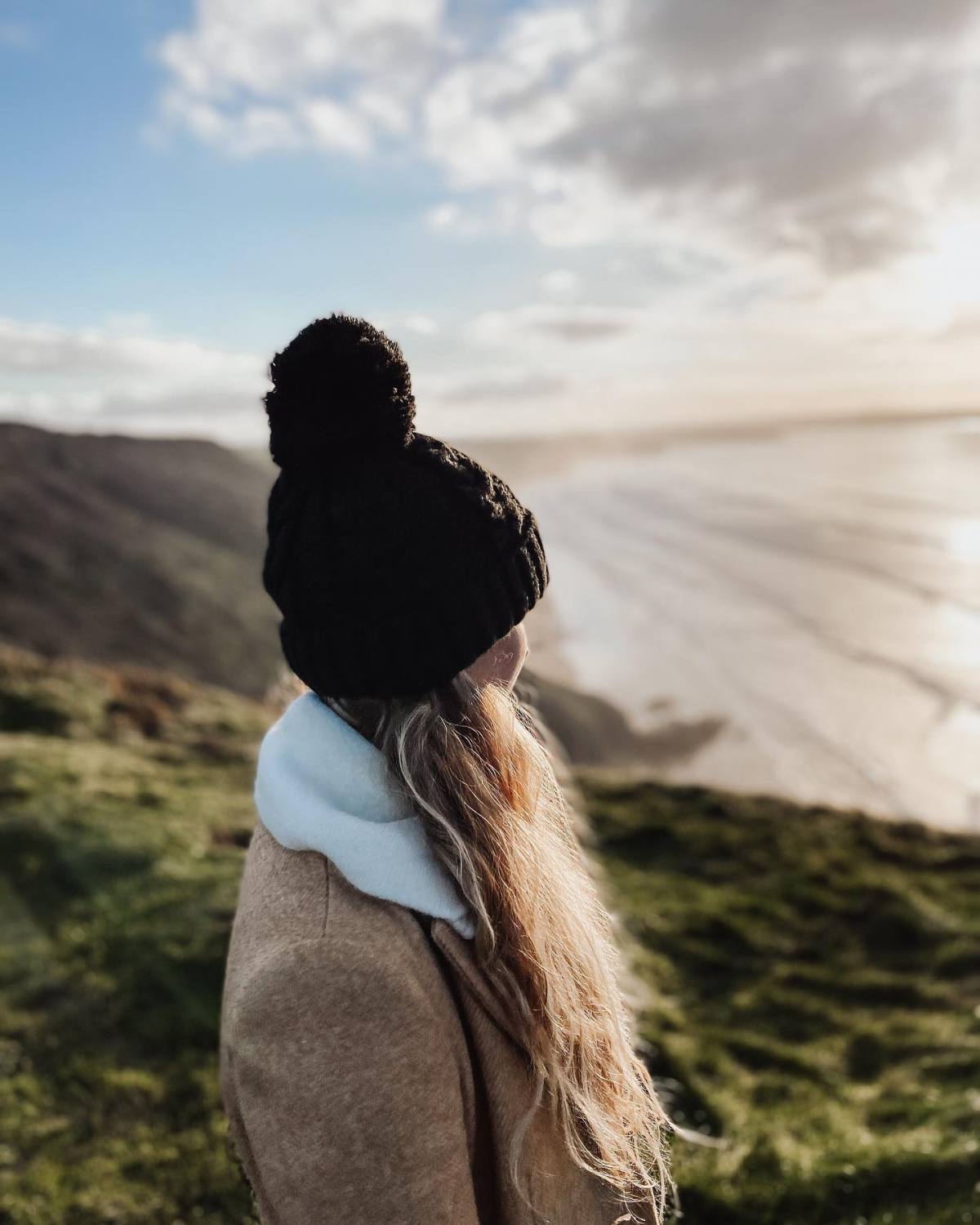
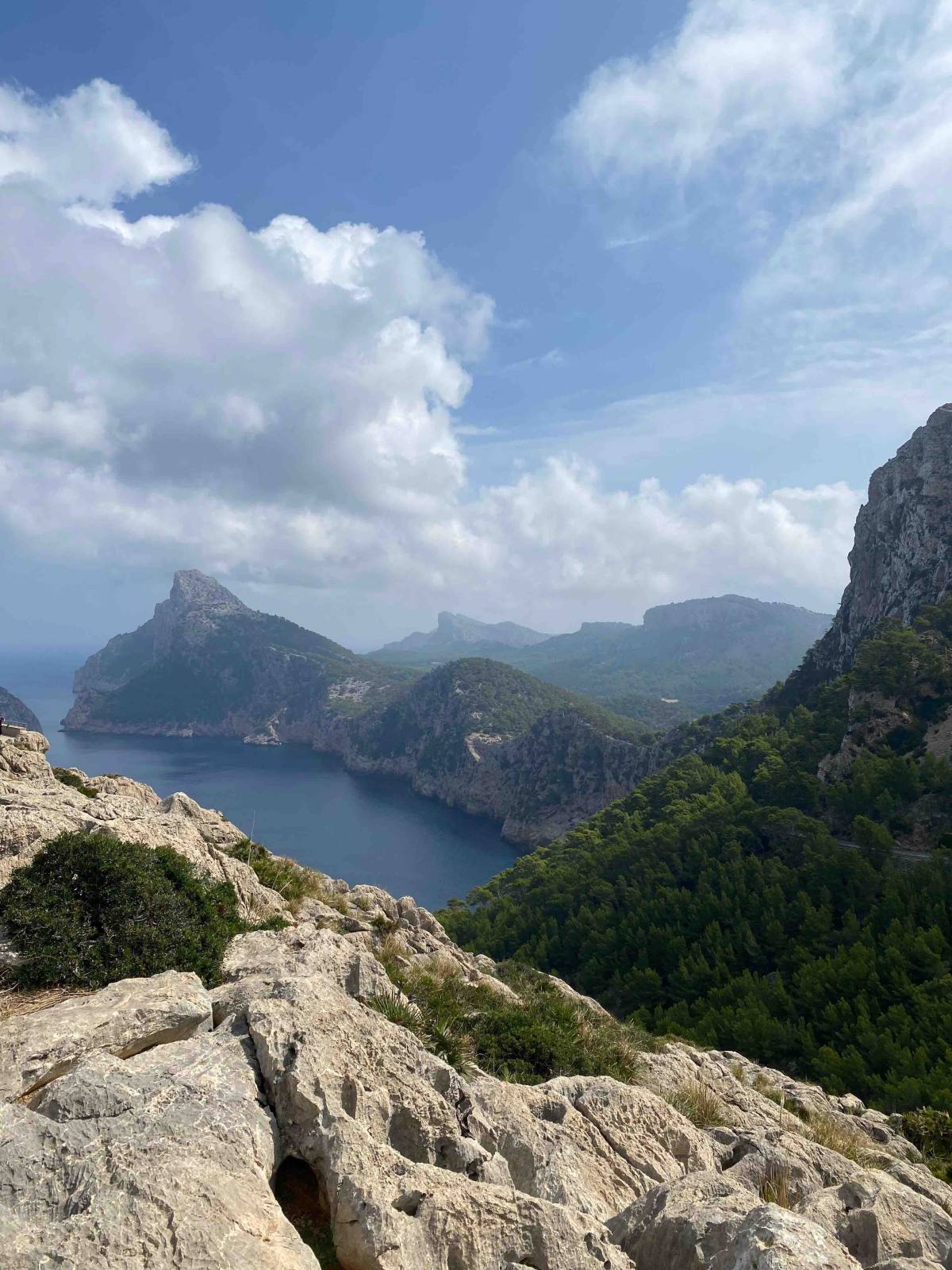
Travel can offer purpose, alongside distraction and escapism
Perhaps it’s not surprising, either – how often have you been told a change of scene might help you with something? ‘Being in a different environment can release us from the weight of everyone else’s expectations. To be crying or to be stoic. To be standing still or to be carrying on. Instead, we get to choose how we want to be,’ explains counsellor Georgina Sturmer.
One of the things I struggled with the most was the feeling of the world continuing to spin, while mine had, quite simply, stopped. Everyday life continues around you, but for those in the thick of grief, it can feel as though time has stopped still. Through travelling, I was able to cement myself within millions of micro-moments and allow myself snippets of feeling as though my life was moving, too.
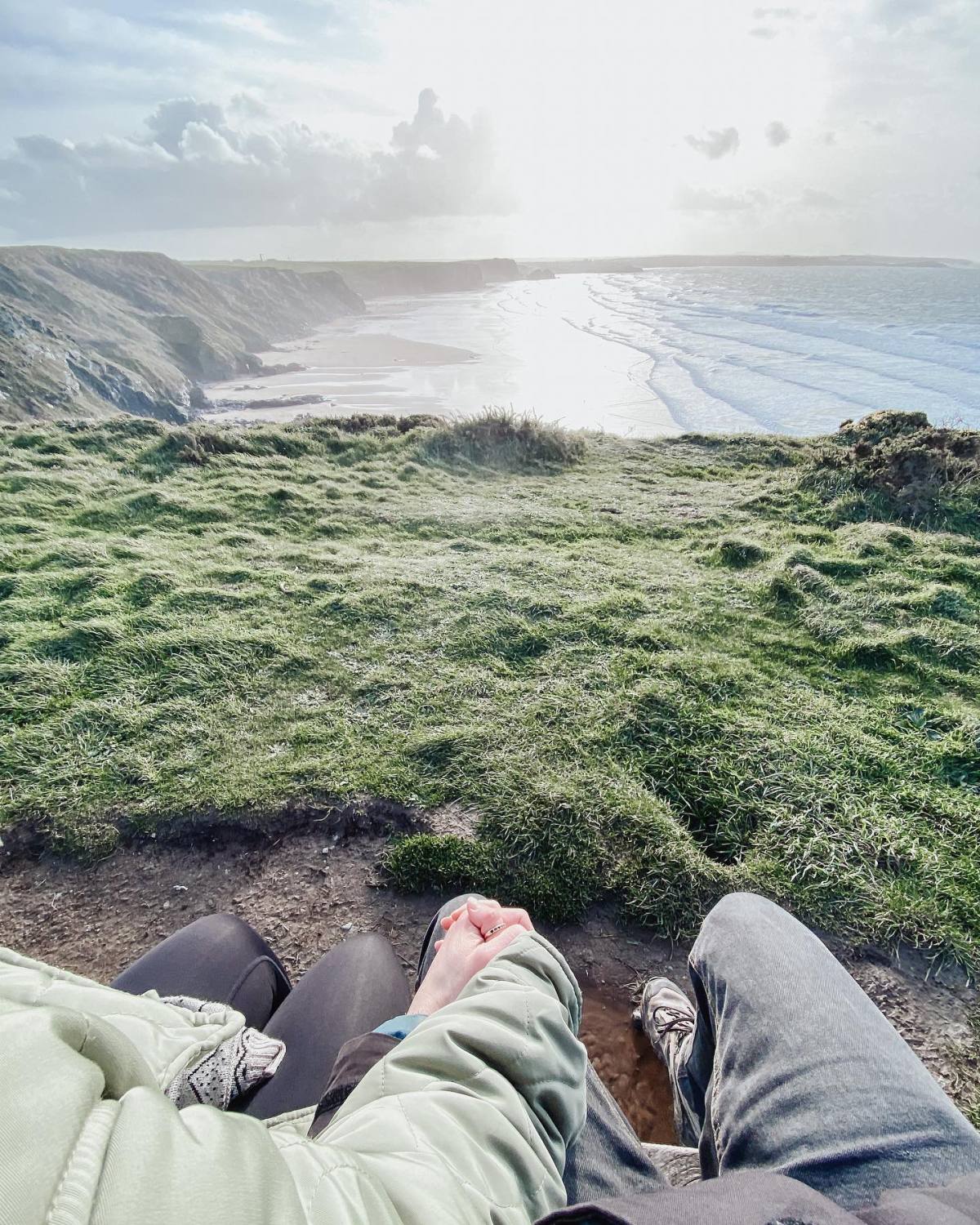
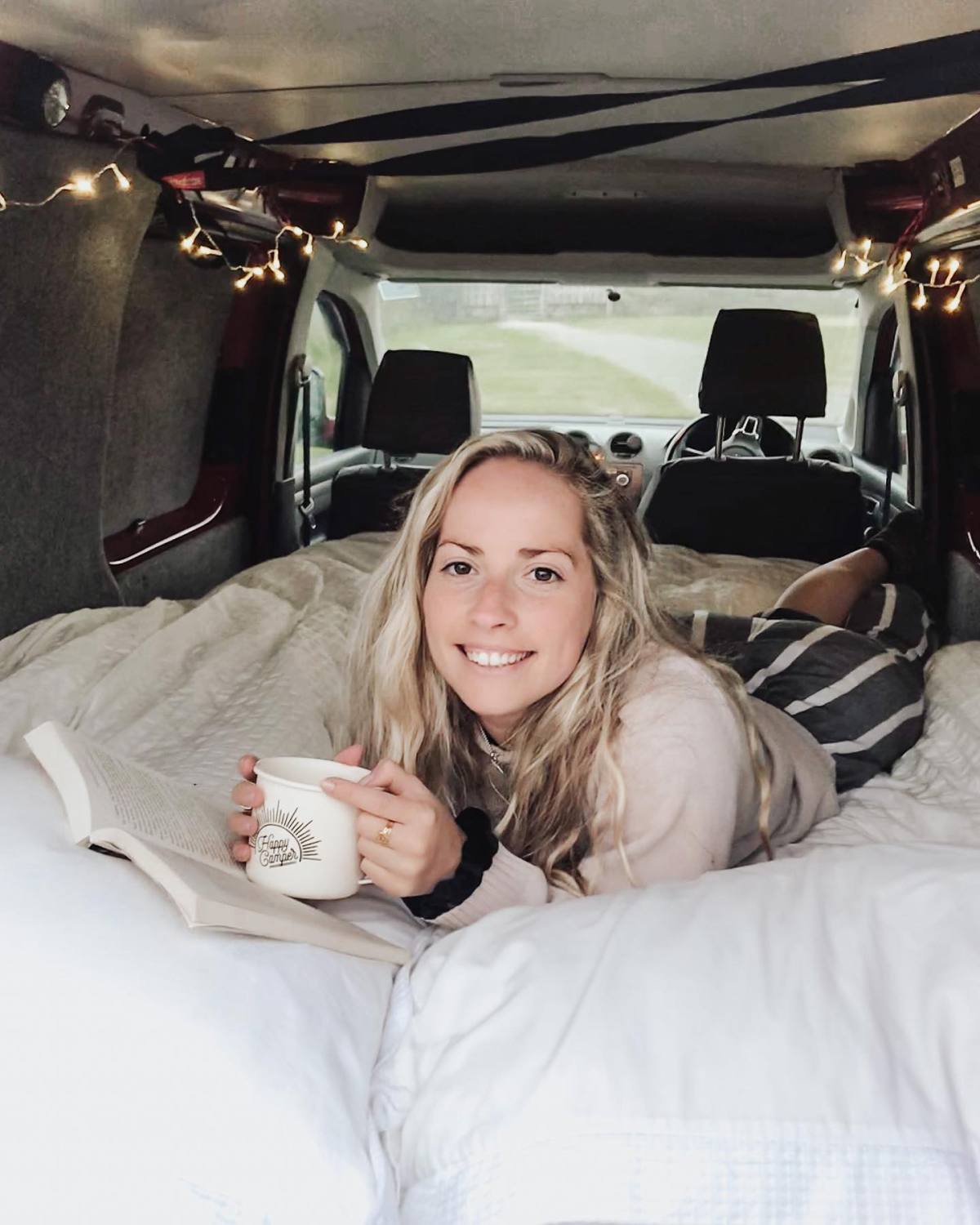
Not moving on, but moving.
‘Travel can offer a way to step away from our everyday lives, which might offer constant reminders of the person we’ve lost, the fact that everyday life is continuing while they are no longer and the presence of our friends and family who don’t always know what to say,’ continues Sturmer. ‘By contrast, travel offers us a different perspective and the opportunity to ground ourselves in the world around us.’
It offers purpose, instead of feeling as though you’re simply on autopilot while the world exists around you. Plus, it can also simply distract. Often when travelling, everything is new, exciting, unfamiliar and it forces your mind to be present in an alien place.
Travel can create new human connections.
Travel also helps you connect with people and this can be incredibly valuable when grief is such an isolating experience.
It can feel like there’s a lot of pressure to keep up appearances, maintain friendships, and talk to people as though nothing has happened. Travelling means connecting with new people, forging short-term relationships while on the move and chatting to humans from all walks of life. These connections and interactions are, more so than not, fleeting. Travelling while grieving, then, can allow you to experience needed connection, without having to continue this in everyday life. Essentially, you can socialise without the pressure of being ‘normal’ to those who knew you before.
In my own personal journey with grief, travel has allowed my husband, Alex, and I to honour Pip and create fitting tributes that help us to connect with her in meaningful ways. I’ve never really been one to believe in signs, spirits or symbolism, but sometimes I have found it the only way to get through.
Travel can connect you with the person you were before.
I took my first work trip after losing Pip over her due date. It took a lot of soul searching to take the opportunity at all, let alone over that week, but after 1000 teary chats with Alex, the feeling that Pip sent me the opportunity, at that time, felt stronger than ever.
The trip was to write about a cruise of the Norwegian Fjords, so I allowed myself to believe that she was literally putting me in the middle of the ocean, surrounded on every side by blue health, at a time I perhaps needed it the most. After years of Covid dampening the travel side of my job, and lots of patient waiting for commissions to flood the inbox again, I couldn’t help but think there was a reason an incredible trip came my way at such a difficult time. Before Pip, I’d have leapt at the opportunity, and Alex felt strongly that I still should.
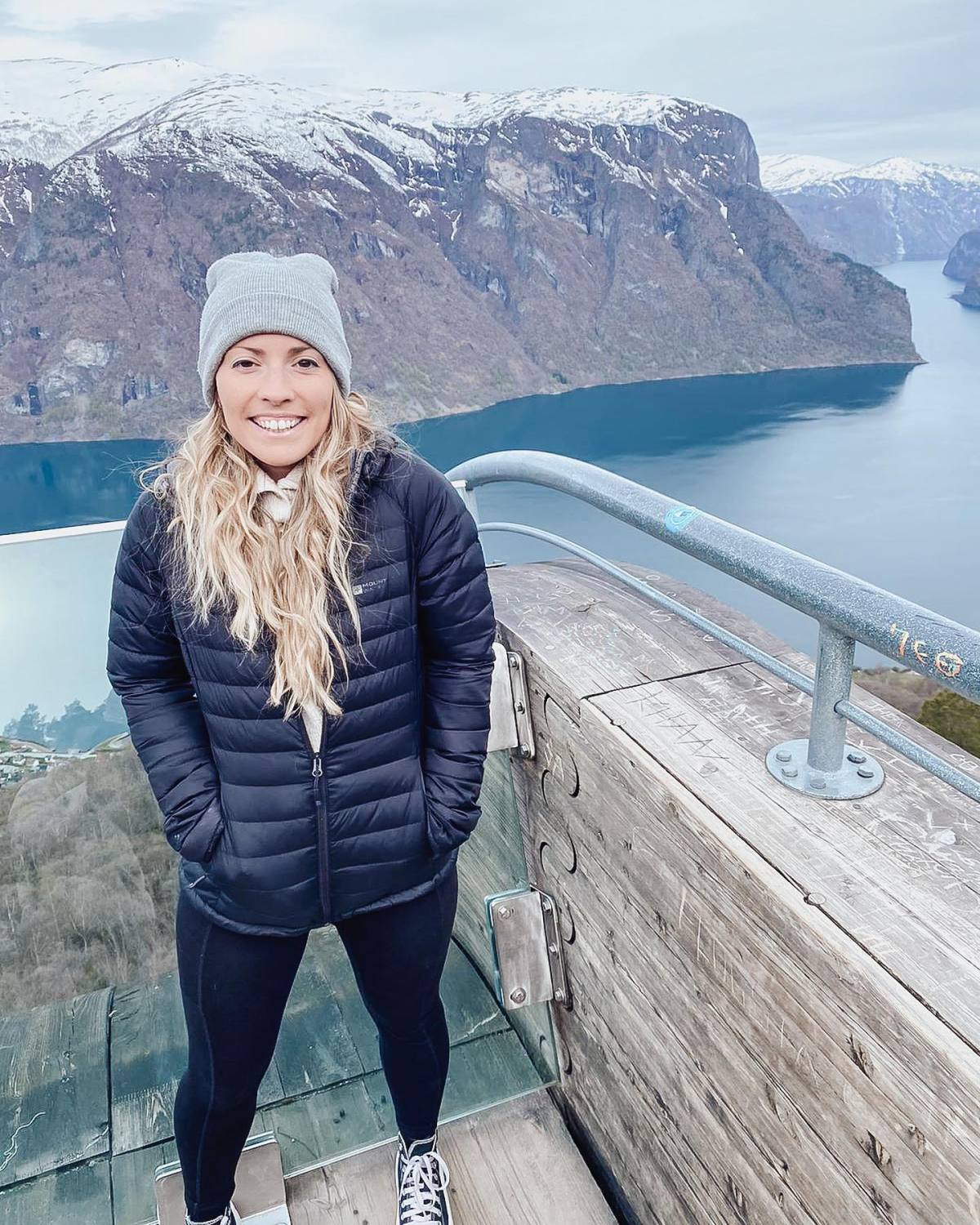
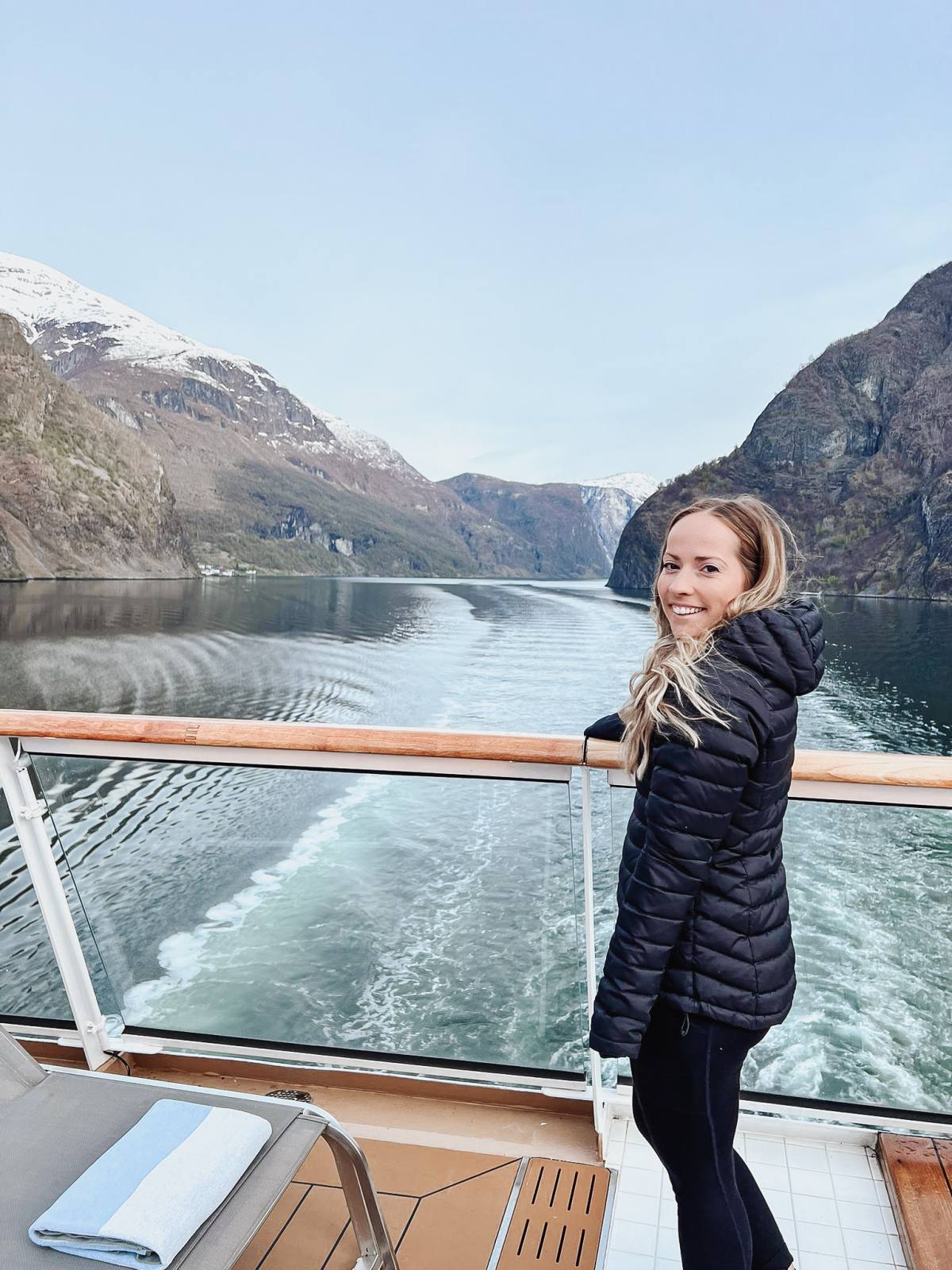
Although I was terrified and, quite frankly, fed up of having to be brave, it was a challenge I was committed to conquering. I knew that Pip wouldn’t want me to say no to life, or say no to incredible opportunities that I’m lucky enough to call work. I had no idea whether I would manage to function but I felt hopeful, and had a sense of relief that I hadn’t yet experienced since losing her.
That trip gave me a huge sense of purpose and a way to throw myself into work, and it showed me how much solo travel can contribute positively to self-worth.
It wasn’t an easy step, but it was a step that paved the way for more healing adventures. At this point, I wasn’t aware that travelling would become such an integral part of my healing journey but that trip helped to solidify for me that travelling can heal, focus, support, and provide a healthy means of escape.
Today, it’s now an entirely conscious decision – as important as brushing my teeth, travel has become an integral element of self-care in my life after loss.
Travel can create fitting tributes to loved ones.
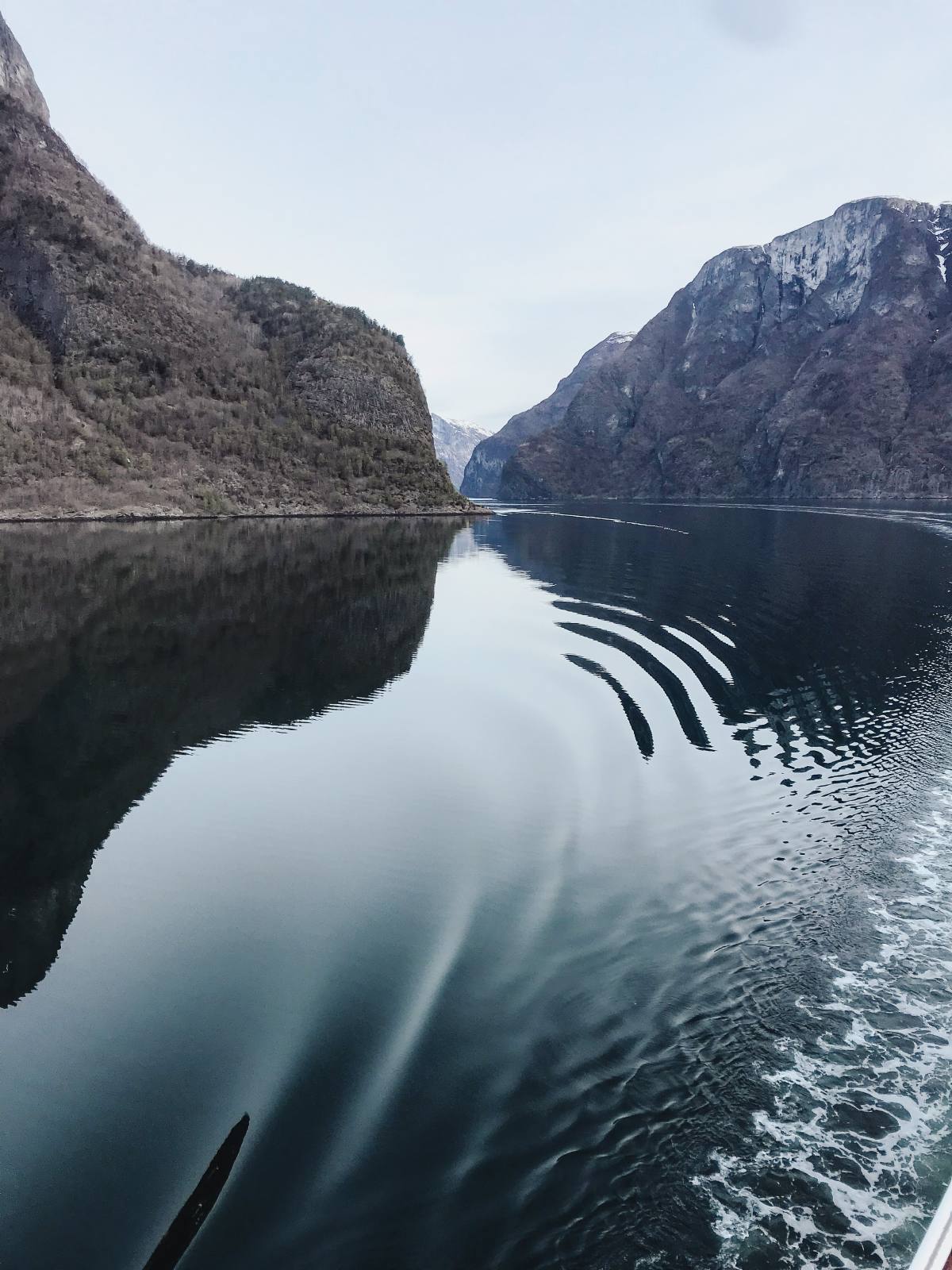
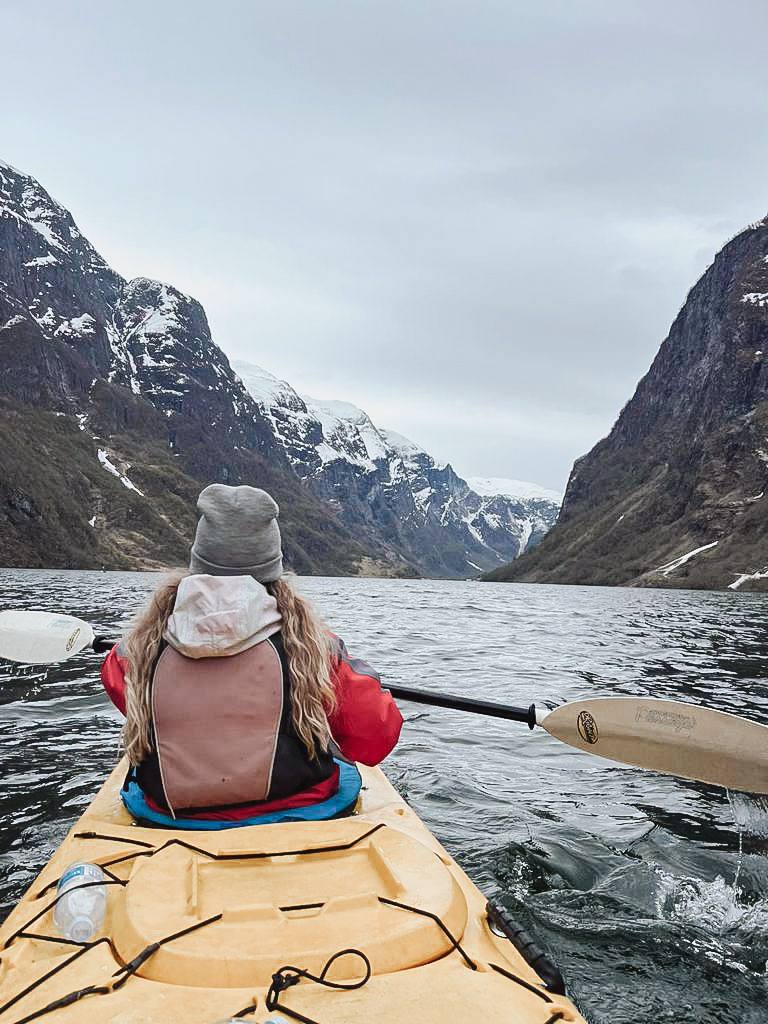
I created a #postcardstopip hashtag for my own documentation, which encourages me to do the adventures I’ve always wanted to do, go to the places I always imagined taking Pip to and, crucially, feel as though she’s right there with me. For me, there was a huge amount of guilt tied up in continuing my life without my daughter. Although I know, deep down, that I don’t need permission to live guilt-free, reframing my travels with this simple action of paying tribute to Pip has really helped.
There was so much unbelievable beauty on every corner of the Norwegian Fjordlands and now, looking back, I can also see that it was the beginning of me accepting and leaning into the fact that travel reminds you, even through the darkest days, the world is full of wonder.
So, I returned and knew that I had to book another trip away and, this time, for my husband to come, too. I planned and researched for weeks, and it gave me something to focus on.
In the years since, we’ve travelled in some capacity most weekends, and are currently planning our first long-haul trip since losing Pip. Cornwall, in particular, has become somewhere very special to our immediate family unit, and it’s the place we escaped to in the aftermath of Pip’s birth to process, be together in our grief and hide away from the world. For Alex and I, it’s now our special place for Pip and a tribute to a beautiful baby girl. We have a certain spot overlooking the sea that we can return to time and time again to feel connected to her.
There’s a real fear of people forgetting Pip, but travel and Cornwall has allowed us to feel as though we can talk about her openly and has created a place that we can share with others, too. The day after our wedding in Cornwall saw a huge group of our nearest and dearest walk with us to spend time at our special spot. It can grow with us, something that truly came into play when we welcomed her little sister into the world. Now, it’s a place that we use to talk to Delilah about her big sister, to help us explain and to include Pip within her life.
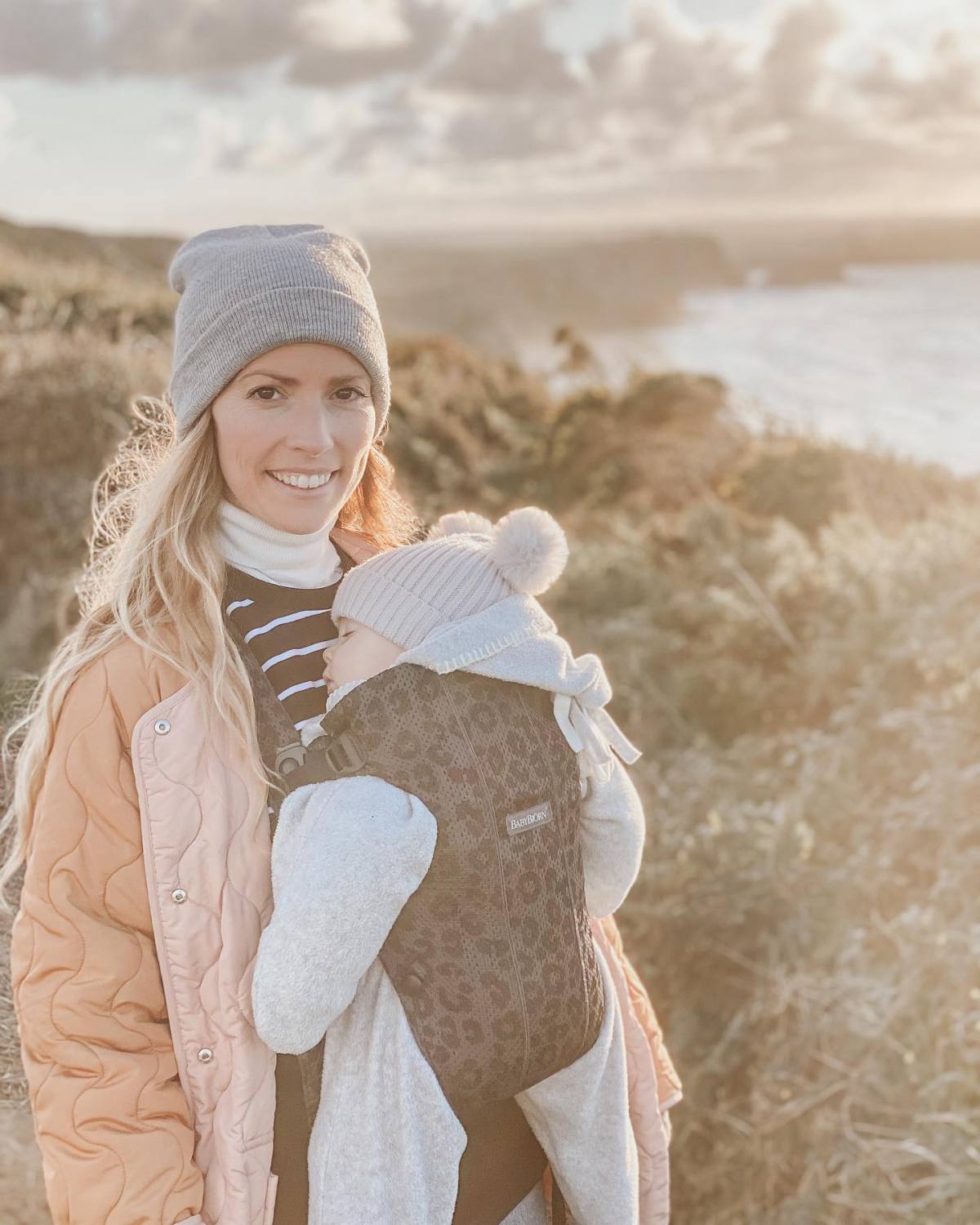

Travel allows breathing space to process and reflect.
Perhaps most important to note is that travel has enabled me to accept that I can and will experience immense joy in life and that this can coexist alongside grief.
At home, grief and my experience with loss has meant that everyday life can be shrouded in fear. Particularly pertinent since Delilah arrived, I struggle to believe that she won’t be taken away from me, that there isn’t danger on every corner and PTSD triggers can feel as though they’re everywhere. One of the only things that really helps me to step outside of this is travelling, often to new places, and escaping both in mind and body.
The breathing space travel creates sets aside important time to process and physically grieve.
Though it might sound counterproductive, I will often cry more while travelling. Whereas in everyday life, breaking down can feel overwhelming and unproductive, it’s an integral part of the grieving process. Travelling gives me the space needed to think about Pip, to really process my feelings, but to do so in an environment that feels less stagnant, less overwhelming and one that I can, importantly, leave behind when I’m ready.
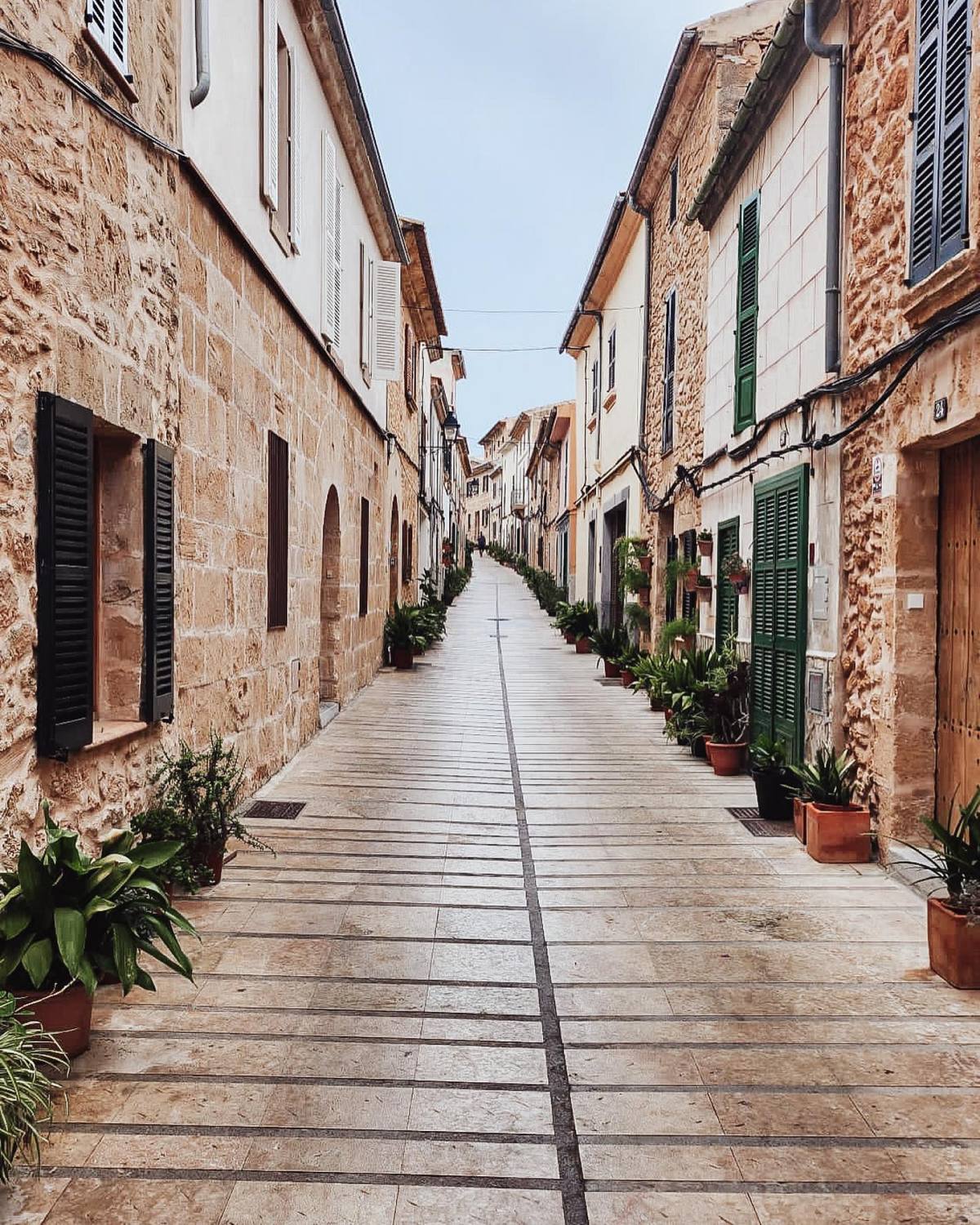
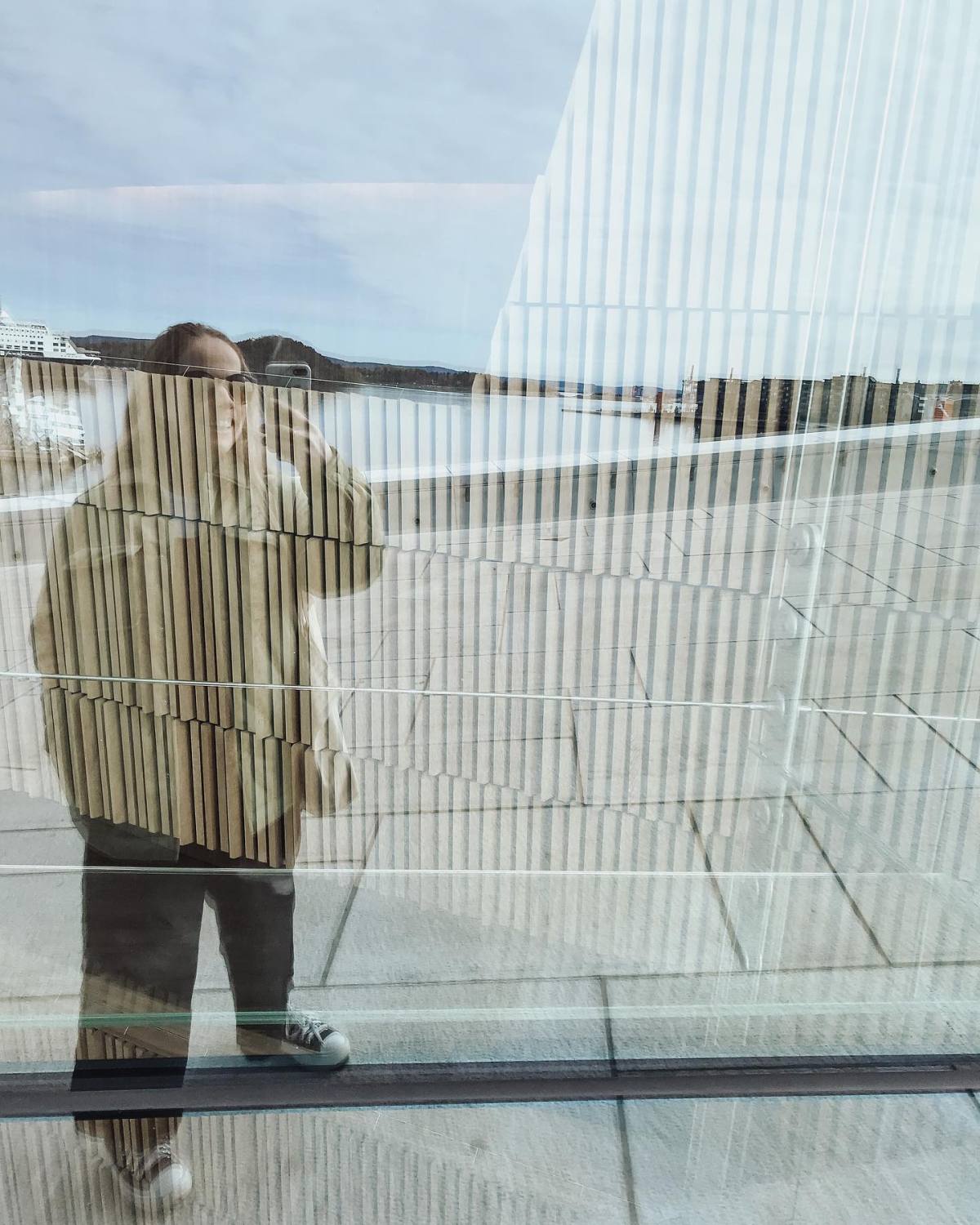
‘There’s a certain magic to travel. Of course, some trips are fraught with challenges, but the magic of travel is the way that it transports us out of our everyday lives,’ agrees Sturmer. ‘It offers us space to reflect and enjoy the memories that we all carry around us and to build new stories at the same time. It allows us to do all of this on our own terms, without the watchful eye of well-meaning observers, or the pressures of everyday life.’
It can be so difficult to see a life full of joy after loss and through grief, but for me, travel is definitely the simplest way to allow myself moments of happiness. Summing it up, it’s a powerful tool to create space for healing, something positive to focus on, a means to distract and escape in a healthy way, a vehicle for connection and gentle interactions, a way to honour your loved one and, ultimately, a way to see beauty again and to remember how to smile.
If not for yourself, get out there and see the world for them – life is precious.
If you have been affected by baby loss or stillbirth and would like support, please visit Sands or Tommys, two UK registered charities.
Read more from our Motherhood section.

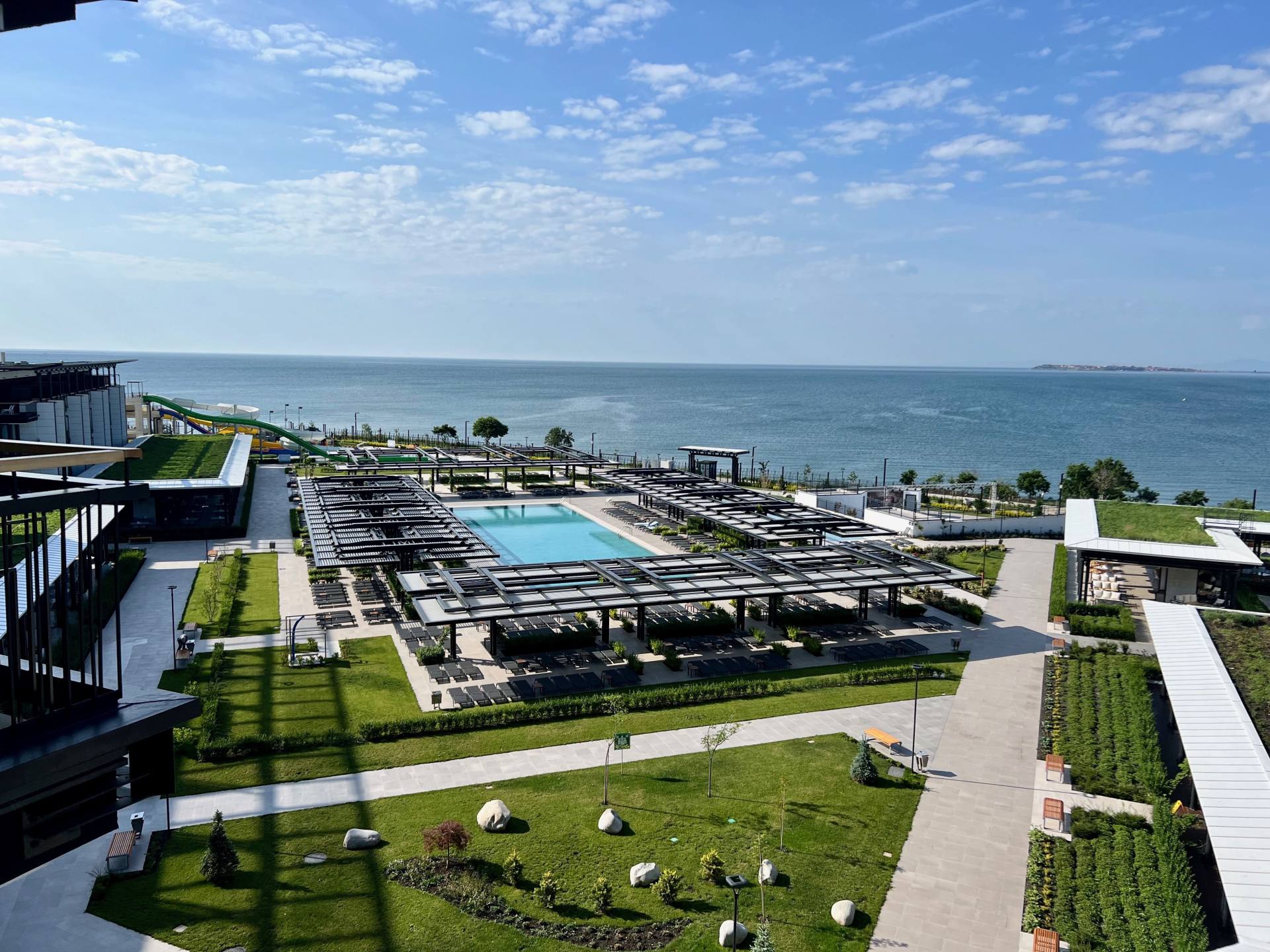
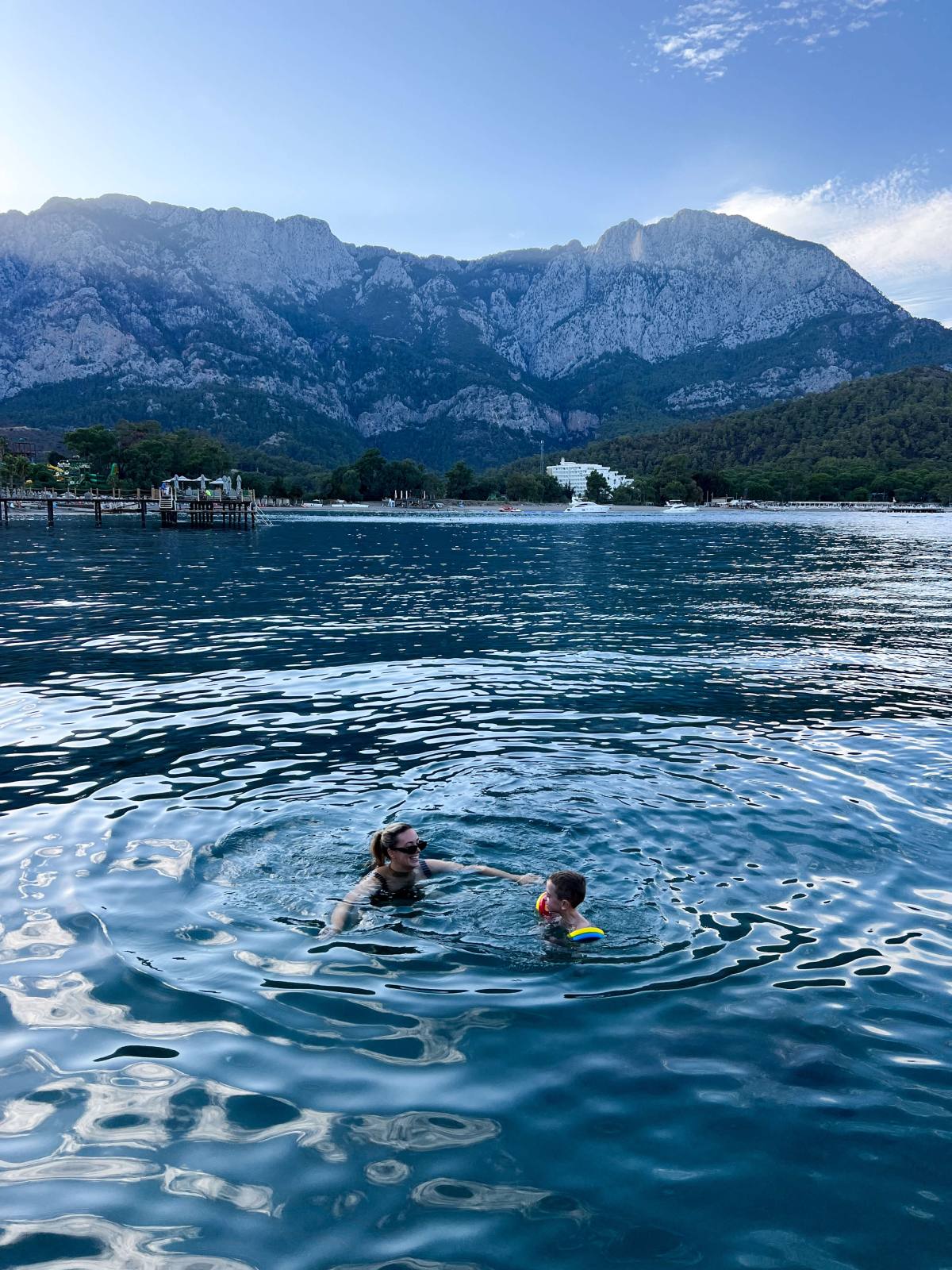


Leave a comment